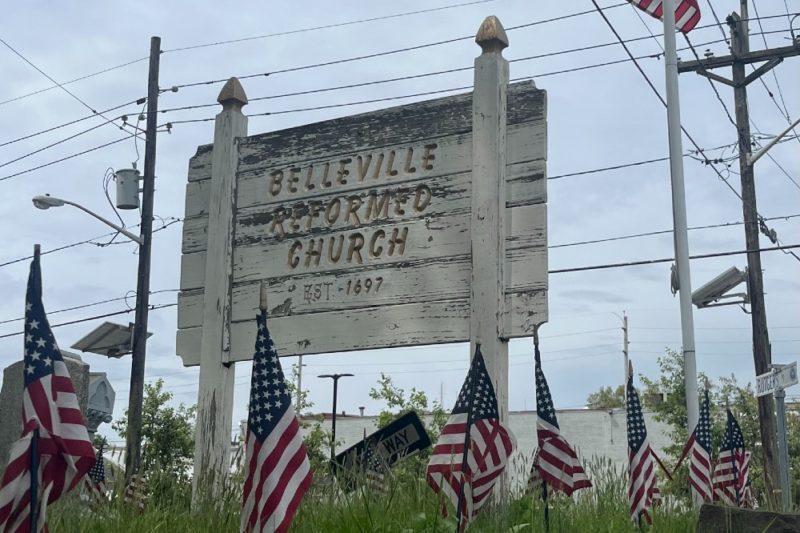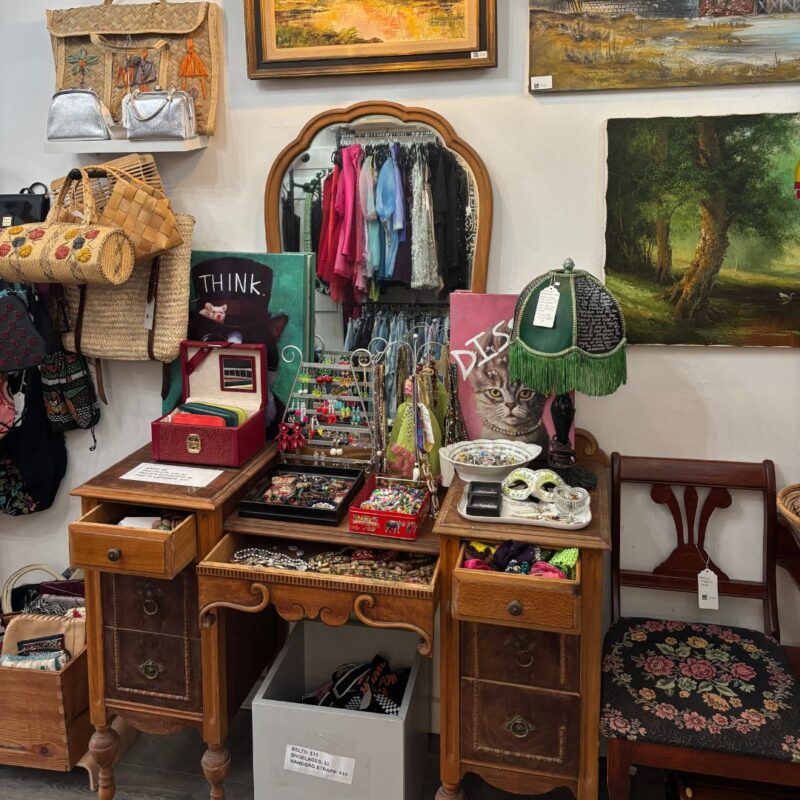When you think of Belleville, New Jersey, you probably don’t envision it being the first Chinatown on the East Coast. Belleville is practically synonymous with Italian-Americans such as The Four Seasons, Joe Pesci, and Connie Francis. Bring it back almost two and a half centuries and General George Washington was marching his troops over the Passaic and right through the village, then known as Second River. Even before that, the Dutch settlers of the area were breaking ground for their congregation, the Dutch Reformed Church of Second River. Yet Belleville’s Chinese history cannot and should not be overlooked.
While many knew of the Chinese presence in Belleville, the exact details were once uncertain. Through the research and efforts of Rutgers University and the Belleville Historical Society, researchers uncovered the lives of roughly 70 Chinese people in Belleville. Read on to learn about the Chinese history in Belleville.
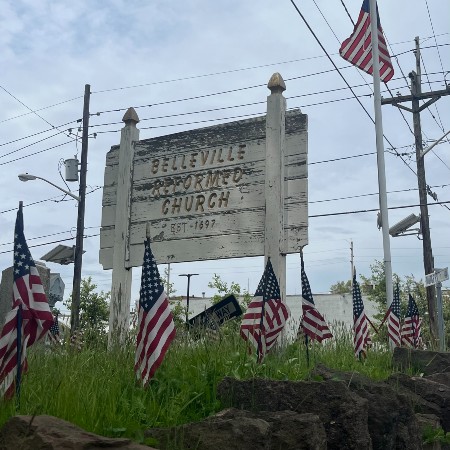
Chinese People Come to America
A group from China first arrived in the United States chasing after the Gold Rush, making their home on the West Coast. After the Civil War, Chinese immigrants made enormous contributions to the building of the transcontinental railroad from coast to coast. This opened the doors for speedier interstate commerce and transportation. As the Chinese contributed to America, the racism and xenophobia of the late 19th century created a hostile environment for them. In 1875, the Page Act prohibited the entry of Chinese women, and by 1882, the Chinese Exclusion Act would do the same for men.
Read More: Asian-Owned Businesses to Support in Montclair
Chinese People Come to Belleville
Captain James Hervey, who owned the Passaic Steam Laundry, invited a group of Chinese workers to come work for him. Sixty eight Chinese men between the ages of 13 and 32 from San Francisco accepted the call and arrived in Belleville on September 20th, 1870. As they were quickly accepted by the locals, they settled down and created the first Chinatown on the East Coast. This community would serve as the predecessor for Newark and Manhattan’s Chinatowns.
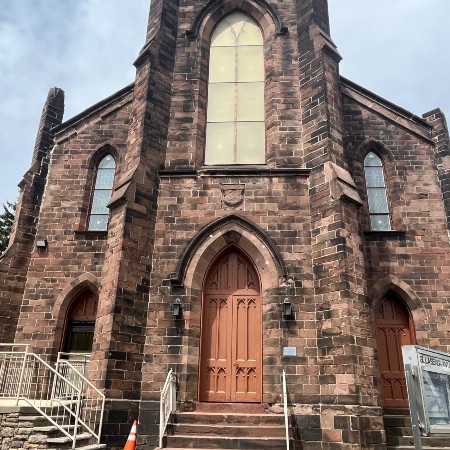
Eight weeks after the group arrived, they experienced their first loss. 28-year-old Ah Ling died and was buried in North Arlington on November 20th. Roughly 200 people attended the funeral officiated by Methodist Preacher Reverend Daily. His fellow men placed a bowl of rice and meat with chopsticks at his grave and each bowed three times in farewell.
In early 1871, the Chinese celebrated Chinese New Year, the first on the East Coast. By September, the Dutch Reformed, Episcoal, and Methodist churches of Belleville organized the first Chinese school, the Belleville Chinese Sabbath School. As the community continued to grow, it attracted nearby Chinese locals to Belleville to partake in Chinese New Year and pray at the Joss House. By the 1880s, roughly 10% of Belleville was Chinese, allotting to 300 residents — and in 1882, Belleville’s Dutch Reformed church had 32 Chinese families.
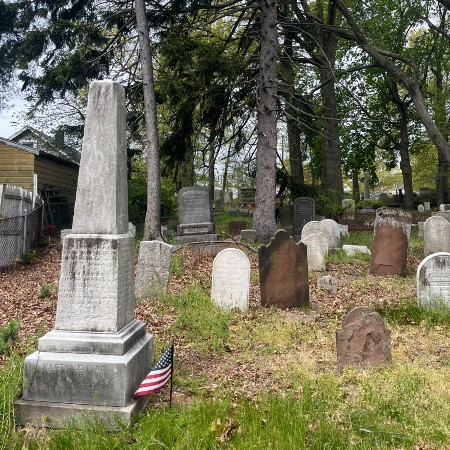
Within the next five years, the once large Chinese community had drastically decreased, many of them choosing to move into Newark and NYC.
Many Chinese people are buried in the churchyard of the Dutch Reformed Church and had hopes that their remains one day would return to China. However, due to a lack of records, it is uncertain specifically whose remains are those of the Chinese and where they rest. Many of the remains rest underneath the current church because of an addition done to the structure in the 19th century. Since it was built directly over the graves, remains were viewable from the church basement.
See More: A Day Trip to Chinatown in New York City
The Chinese Legacy Today
Belleville was not the only place Chinese people arrived on the East Coast in search of work. Many headed toward North Adams, Massachusetts as strikebreakers, but upon arrival, they were met with extreme hostility. They only remained here for three years. Compared to those in North Adams, the Chinese in Belleville were met with acceptance and respect. They started families and became involved in religious and social communities for the two decades they were here.
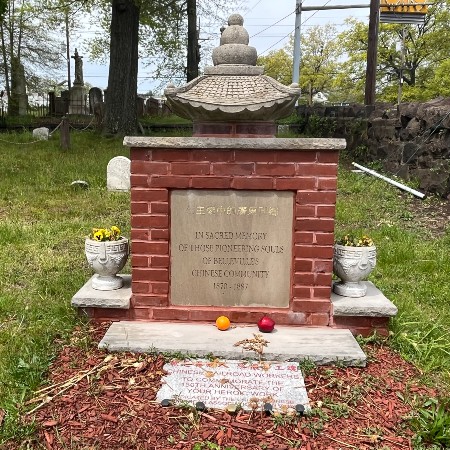
In 2016, a red-bricked memorial was installed in the cemetery to memorialize the community and those buried in the Dutch Reformed churchyard. Since its installment, Margaret Lam, president and founder of the United Chinese American Association of New Jersey, has held a yearly event to honor these individuals as well as Qingming, a tomb cleaning festival. While there are no records of who specifically is buried here, it is important to honor them, their culture, and their contribution to America.

